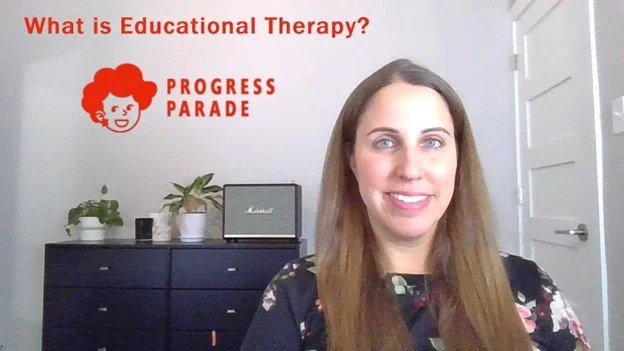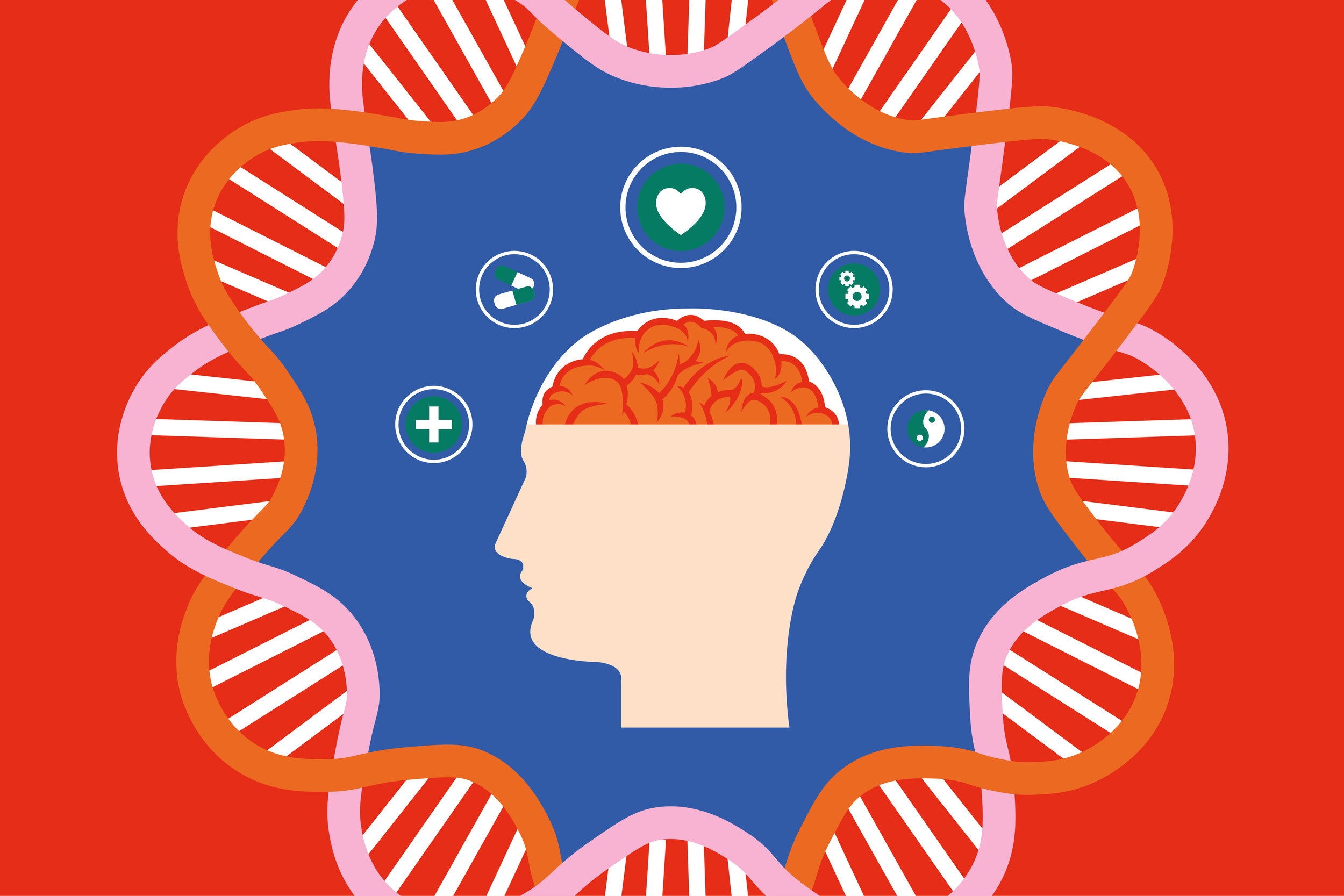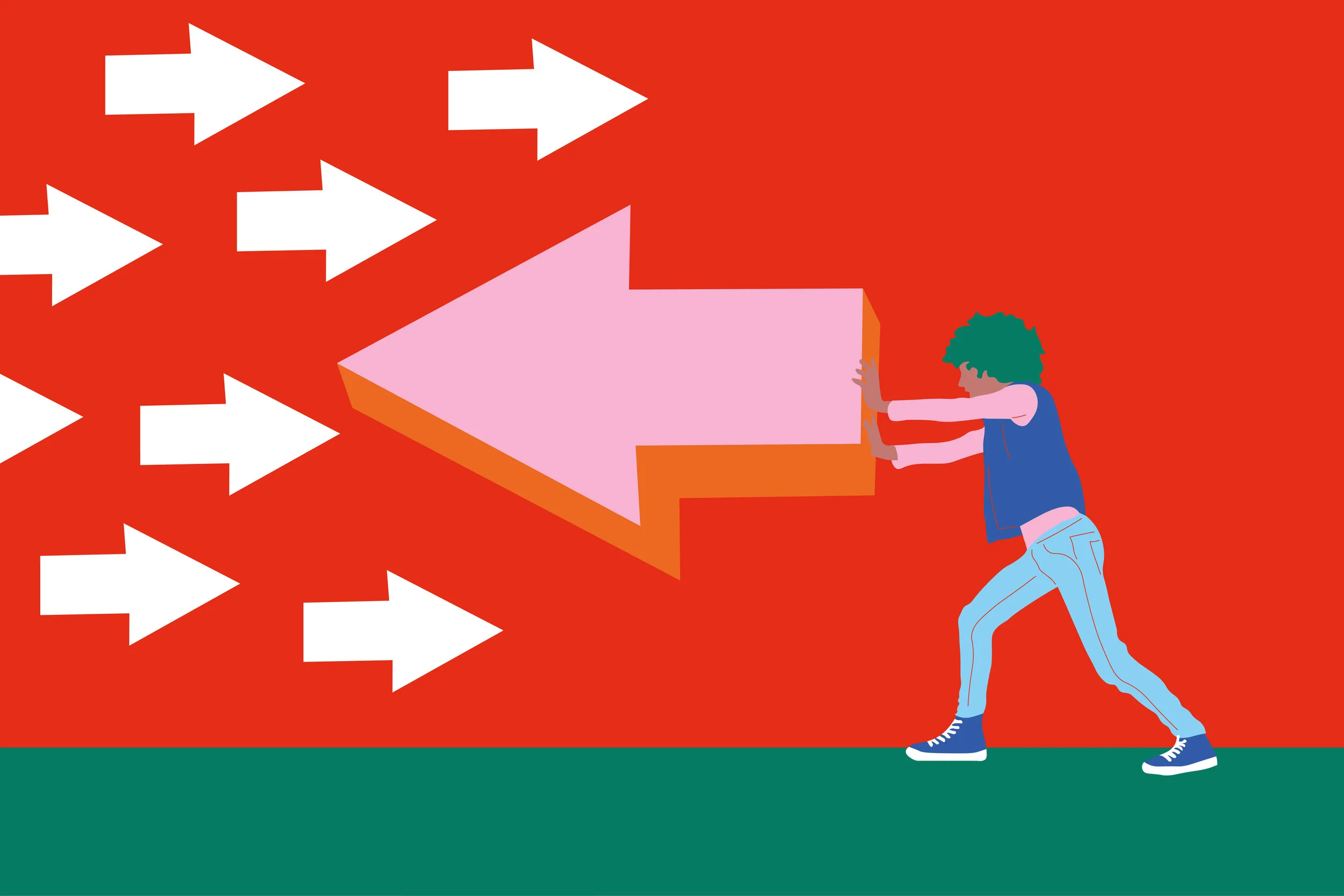What is Educational Therapy?
Educational Therapy (ET) refers to instruction that provides students with holistic support that addresses social-emotional learning as well as academic concerns. Many Educational Therapists work with students with learning differences like learning disabilities, ADHD, executive functioning needs, anxiety, work avoidance, and low self-confidence.
How is Educational Therapy different from tutoring?
There isn’t a strict definition for ET out there. Many sources will tell you ET is totally different from tutoring. That’s not how we see things here at Progress Parade. We see ET more as a speciality subset of tutoring. From our standpoint, all ETs are tutors but most tutors are not ETs.
Imagine regular tutoring is like a general practitioner (GP) doctor. GPs are a great first line of defense for many needs. Once you learn, though, that your problem is specifically with your sinuses, you're much more likely to visit an ENT. The same thing applies to your learner. If you’ve found your way to this page, it’s likely that you’ve learned your child needs a specialist due to specific learning needs he or she has. That’s where educational therapy comes in!
What is the background of an Educational Therapist?
There are no regulated licences around Educational Therapy, so it’s important to be sure you know the background of the pro you’re going to work with if you’re looking for Educational Therapist. Here at Progress Parade, all of our special education tutors are professional educators. We know many tutoring companies hire college students or even require degrees of their tutors, but not many other online tutoring companies require an education degree, education license, or professional educator experience. All of our tutors have degrees and are career educators. Our Educational Therapists have additional studies, certifications, and specializations. Our ETs are often licensed learning behavior specialists, school psychologists, reading specialists, and multi-sensory trained professional educators. We’ll hand pick the ET from our team who has a specialty compatible with your specific student’s needs.
Ok, but really, What IS Educational Therapy?
Hopefully you’ve gathered some idea of the background of educational therapists and how educational therapy differs from standard tutoring, but we know you still might not fully understand what it is.
It’s pretty hard to pin down what ET is exactly. The students who need ET are an incredibly diverse group of kiddos and the goals and specialties of ET are as diverse as the students who need it! It’s hard to give just one definition. We’ll give some common examples here of specific educational therapy needs and goals, which hopefully help shed some light on the question.
Multi-sensory instruction– Our team includes ETs certified in multi-sensory methods like Orton-Gillingham and Wilson. These specialized reading methods are commonly used for students with learning disabilities in reading like dyslexia. Multi-sensory instruction is also possible in math using methods like TouchMath. Multi-sensory instruction in general is designed to help students connect with the material through sight, hearing, movement, or touch so that they’re able to process the information and connect with it in a way that helps the content click for them.
Executive Functioning and Homework Coaching– many students don’t need content instruction (the focus of traditional tutoring) as much as they need a framework for how to approach their homework and class content. They need to understand how to study, how to organize, how to prioritize tasks, how to plan, how to get started in homework, and what to do when they get stuck. These skills are often not taught in classrooms, but they are the nuts and bolts to a successful academic career and life beyond school as well.
ET is all about creativity! We love to figure out how we can explain the topic/goal in a way that makes sense to each individual student. There are many ways to explain the same concept and it’s fun to get creative to see the light bulbs go on. We can include visuals, multi-sensory instruction, multi-disciplinary instruction, real-life examples, small bits of repeated practice and much more.
Building self confidence and reducing learning anxiety is almost always a big goal of ET. Many students come to ET with a lifetime of negative feedback behind them in the form of being in the “low group” at school, losing academic competitions, getting low/failing grades, being told constantly to pay attention, and the list could go on and on. ET is all about finding out what your student is good at and leveraging that to build self-confidence. ET is also about connecting with your student and building rapport and building skill. We want to change the story they tell themselves about academics and about school from a story of failure to one of perseverance and success. Believing that we can overcome a challenge and have success is over half the battle towards achieving success, so we want to start building that belief.
Anything can be a learning moment for ETs! Many of our students need practice problem solving, reading social cues, and with other important life skills. Yesterday I was speaking with one of our ETs, and she told me her student didn’t show up to their online session. She emailed the parent who said the student was sick and didn’t know how to tell her he needed to go to the bathroom. Guess what? We can turn that into a learning moment. This student has some social-emotional challenges, so he needs help with social skills. We invited this as a moment to teach him how to tell a partial truth if the whole truth doesn’t need to be shared (ie. you can say, “I’m so sorry, I’m suddenly not feeling well”. That way you don’t stand someone up, but you also don’t have to tell all the details of what’s happening on your side). ETs are thinking about the big picture about your student’s success! This may seem like a silly example, but social skills, self advocacy skills, social cues, perspective taking (understanding another person’s point of view and experience) are so important to navigating life and can all be topics for Educational Therapy!
These are some examples which hopefully help you to understand the holistic and comprehensive approach that is Educational Therapy.
How is Educational Therapy different from traditional therapy or counseling?
It’s also important to understand what ET is not. Educational Therapy is NOT counseling or therapy. With ET, we’re focused specifically around outcome and functioning in school, education and academics. ET is not a substitute for traditional therapy. ETs are not providing counseling. ET often is a great complement to therapy if students who are in therapy also struggle with any aspect related to school). Rather than specifically treating anxiety, depression, or other social-emotional disorders, ETs work with students on improving learning processes, academic skills, routines around homework, confidence at school, reducing avoidance of schoolwork and much more.
Why should I have Educational Therapy online?
The main reason I started Progress Parade is that I got excited about being able to make the perfect fit between students and ETs. I started Chicago Home Tutor 8 years ago, and I’ve matched well over 1000 students and teachers. Though our in-person system has worked well overall, I’ve had one major frustration with our biggest limitation. Sometimes our team has the absolutely perfect match for a student but that person lives too far away to make it work. If you’re willing to give online instruction a try, then you can get your student matched with an instructor that has the exact background and skill set your student needs. I hope it’s become clear in learning about Educational Therapy that it really is a highly specialized area, so it’s all about making the right match!
I’m a member of the Association of Educational Therapists, and it’s been fascinating over the last few weeks to watch all therapists switch to online educational therapy in light of the COVID-19 pandemic. People, students and instructors alike, have really surprised themselves with how much is possible online. There are tools that make multisensory tutoring readily available online as well as tools like interactive white boards, shared screens, and shared mouse control that make online instruction seamless for most students.
If you’re ready to give online Educational Therapy a try with Progress Parade, please reach out for your free consultation!
An in-depth introduction to education therapy by Progress Parade founder Laura Reber


































